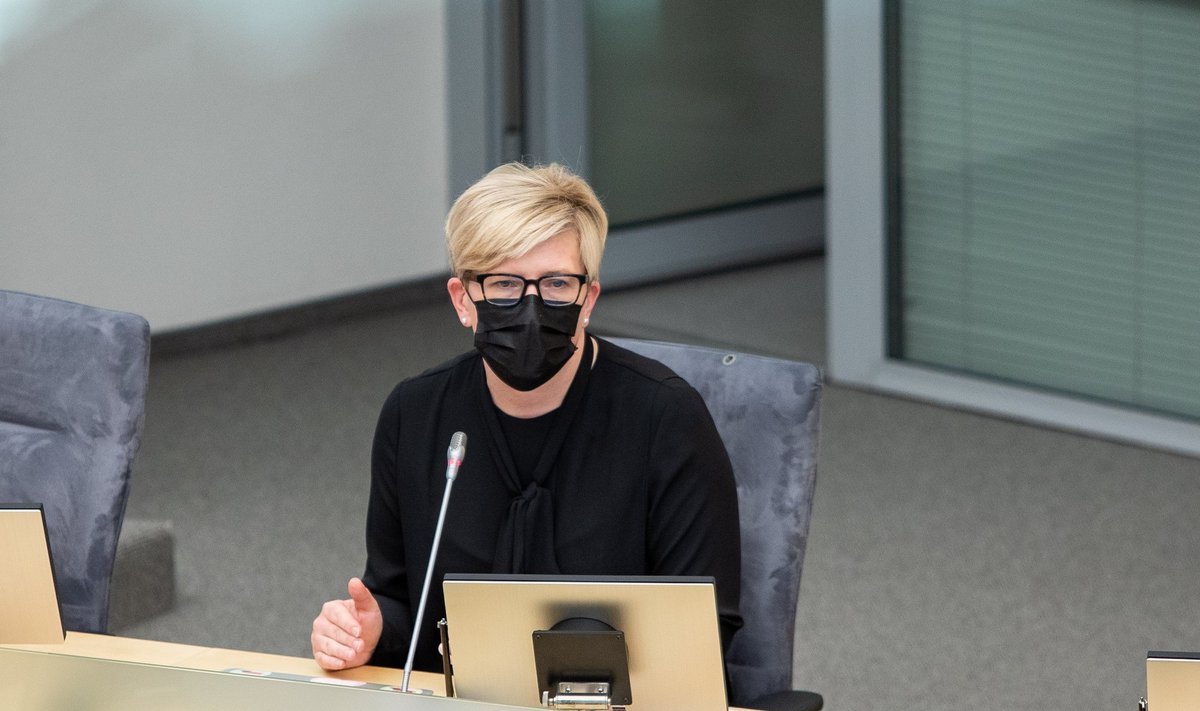Simonyte was commenting on LTG's statement that it had received an official confirmation from the US Treasury Department's Office of Foreign Assets Control (OFAC) that Washington's sanctions against Belaruskali, one of the world's largest potash fertilizer producers and exporters, are not binding on the Lithuanian company.
"LTG [...] failed to highlight the paragraph where it is clearly written that OFAC cannot guarantee that LTG will not be included in the list of sanctioned entities," the prime minister told reporters.
"Entities that assist, support, broker or otherwise participate directly in the business practices of sanctioned entities may be included in the list of such entities based, as it is mentioned [in the OFAC letter], on the US national security interests," she added.
According to Simonyte, such a decision can be made by government bodies and does not require approval from the US Congress.
The risk of LTG being sanctioned "is clearly stated [in the OFAC letter], which means that the company has at least a reputational risk due to its involvement in this deal," she said.
Belaruskali product shipments via Lithuania did not stop after US sanctions against it came into force on December 8, because the Belarusian company had made an advance payment to LTG, sufficient to cover the cost of rail services for several months.
The government announced after the sanctions had already taken effect that it was seeking to terminate the state-owned railway company's contract with Belaruskali, even though it said the US sanctions do not directly apply to the transit of fertilizers through Lithuania.
